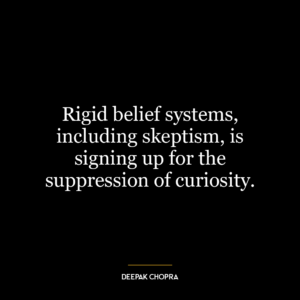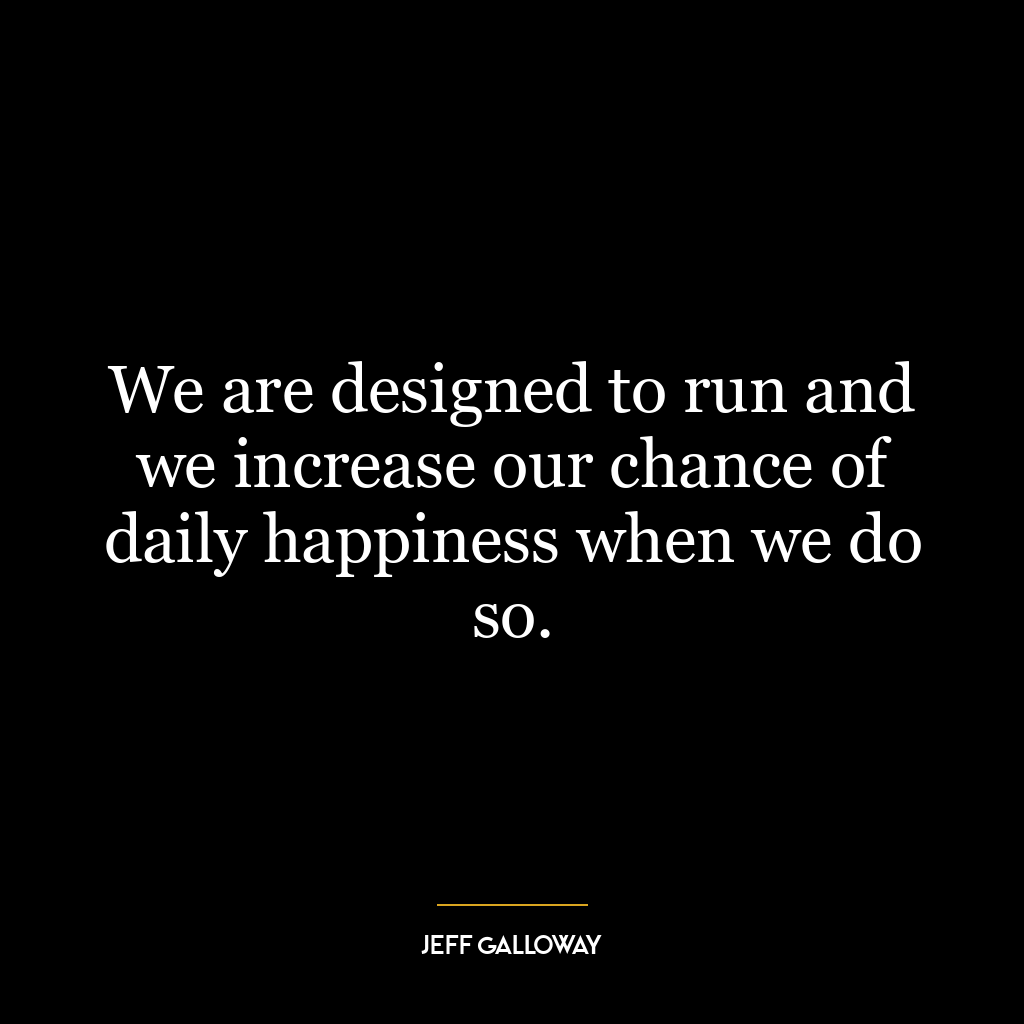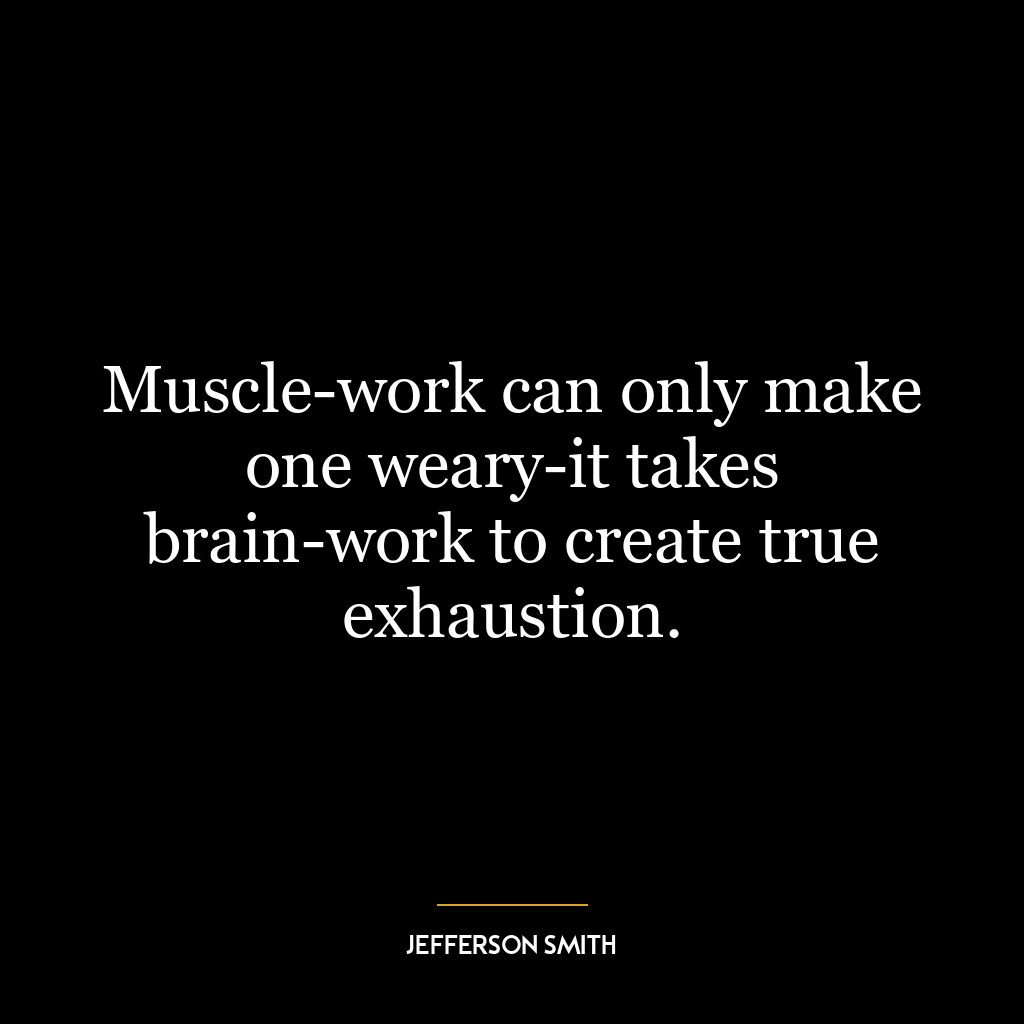This quote refers to the concept that everything we perceive as physical or tangible in our world is, at its most fundamental level, not physical at all. This idea comes from quantum physics, which studies the smallest particles in the universe – such as atoms and subatomic particles like electrons and photons. At this level, matter does not behave in ways we would typically consider “physical”. For example, particles can exist in multiple places at once (a phenomenon known as superposition), or affect each other instantly across vast distances (known as quantum entanglement).
In essence, what we perceive with our senses as solid matter is ultimately made up of tiny particles interacting through forces that are fundamentally non-physical. These interactions create what we perceive as the physical world around us.
Applying this concept to personal development or everyday life might seem a stretch because these phenomena don’t have an obvious effect on our macroscopic world. However, one could infer from this quote that reality may be more complex and less fixed than it appears on surface level.
For instance, in personal development terms: just like how matter is composed of seemingly non-physical elements at its core yet forms tangible objects; individuals are also composed of intangible elements – thoughts, emotions and experiences – which shape their tangible actions and behaviours. Recognizing this could encourage introspection about one’s own “quantum levels” – their deeply ingrained beliefs or subconscious thought patterns – that drive their behavior.
Furthermore, understanding the fluidity of reality at a quantum level might inspire more open-mindedness towards change and possibility – if even solid matter isn’t truly ‘fixed’, perhaps perceived limitations within ourselves aren’t either.
In terms of broader societal implications: this perspective promotes a view of interconnectedness between all things (much like quantum entanglement). This could foster greater appreciation for how individual actions impact others and the environment on a global scale – potentially encouraging more responsible social behavior.















